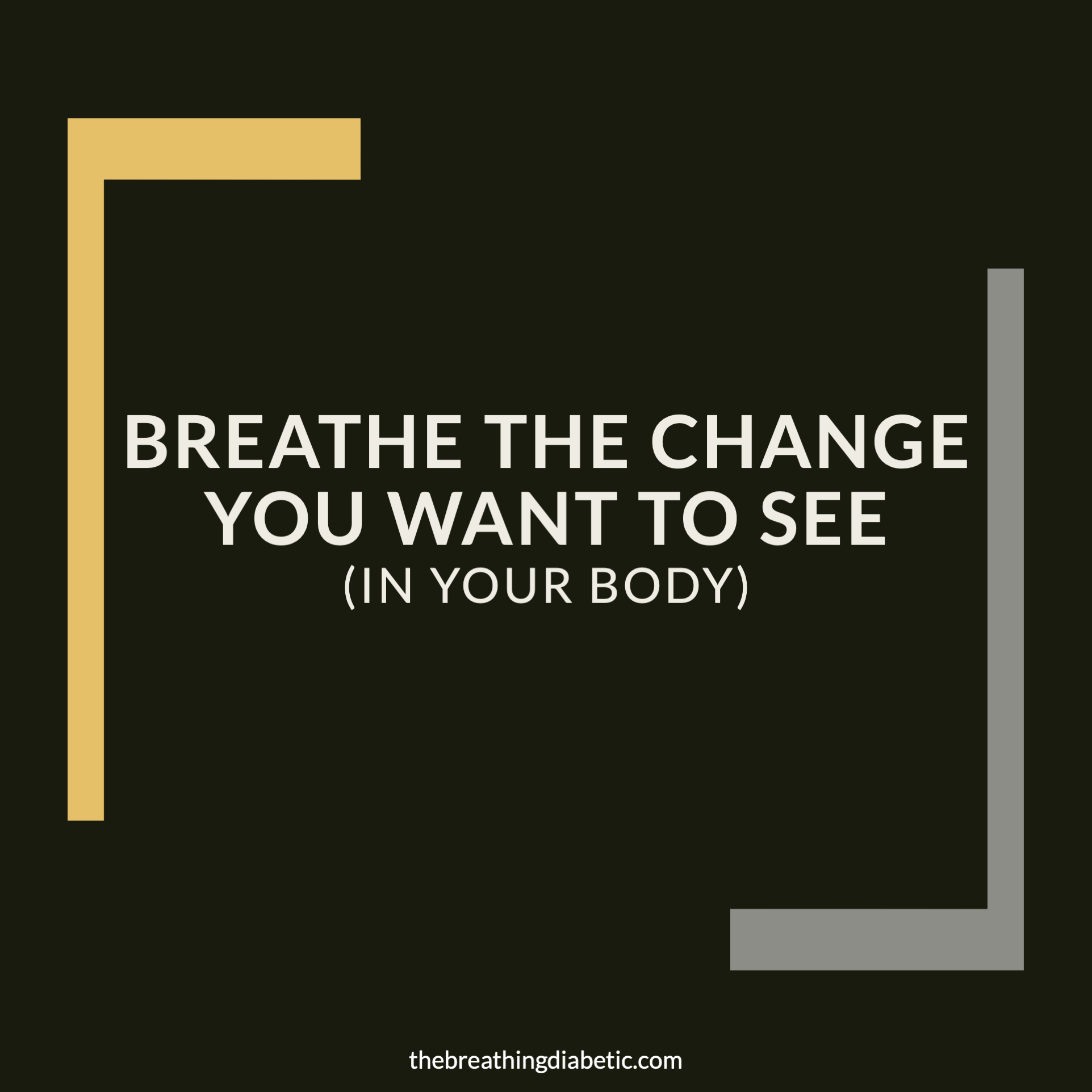Listen Instead of Reading
Greetings,
Here are 4 thoughts, 1 quote, and 1 answer for this week.
I hope you enjoy it!
4 Thoughts
1. How to Sleep Like a Pro: Nose, 4-4-6-2, Repeat
“Breathe deeply and regularly…Try to breathe through your nose, keeping your mouth closed if at all possible. The more you breathe through your nose, the easier you will find it to breathe through your nose. In other words, use it or lose it.”
- Dr. Barbara Oakley and Olav Schewe, Learn Like a Pro
I didn’t expect to find anything about breathing in a book called “Learn Like a Pro,” which is geared mainly toward college students. But, to learn well, you need to sleep well. Enter: the power of the breath.
And their advice for falling asleep? Inhale for 4 sec, hold for 4 sec, exhale for 6 sec, hold for 2 sec. “This type of breathing balances both the oxygen and carbon dioxide levels in your body and allows you to relax more deeply.”
It’s just so awesome to see slow nasal breathing make its way into random places like this. If put into practice, these few sentences could change a student’s life forever. Simply amazing.
Here’s to sleeping (and learning) like a pro, tonight.
***
P.S. I’ve been having a little self-induced stress insomnia recently (such is life), so it was perfect timing for this passage.
Related: Self-Regulation of Breathing as an Adjunctive Treatment of Insomnia
2. Beating Gravity with Your Nose
“The results presented in this work provide evidence that the development of a substantial production of NO in the upper airways of humans may be an important part of our adaptation to life on two legs to ameliorate the influence of gravity on pulmonary blood flow distribution.”
- Nasal nitric oxide and regulation of human pulmonary blood flow in the upright position
Translation: Nasal nitric oxide might have been an evolutionary adaptation to counteract gravity, allowing us to sit and walk upright. 🤯
Gravity moves blood flow toward the base of the lungs. Nitric oxide, however, redistributes blood flow help better utilize the massive surface area of the lungs. This allows us to get more oxygen in the upright position.
So go take a walk, breathe through your nose, oxygenate your body, and enjoy this gift evolution has given us.
***
Related Quote: “Our own physical body possesses a wisdom which we who inhabit the body lack.” - Henry Miller
3. Psychology Today: “The Simplest Stress Management Skill”
“It may seem incredible that such a simple exercise can make a huge difference in a person’s ability to feel less stressed.”
- Dianne Grande, Ph.D., The Simplest Stress Management Skill
Of course, that “simple exercise” is slow deep breathing : )
This quick and excellent article touches on the vagus nerve and equal versus extended exhalations. It also provides some straightforward and practical guidelines for a “minimum effective dose” of slow breathing. Enjoy!
4. The Making of the Present Moment
“Your experience of the present moment is based on the activity of your nervous system at that moment. ”
- Rick Hanson, Ph.D., Neurodharma
We are always in the moment. As Howard Cohn says, “In truth, we are always present. We only imagine ourselves to be in one place or another.”
So what “presence” really refers to is experiencing our current moment. And as Dr. Hanson reminds us, our experience of any moment is just our nervous system at that moment. And the fastest way to access that? Our breath.
So experience your breath to experience presence. Or better yet, change your breath, change your nervous system, and use this science and physiology of presence to make your own moments.
***
Related Quote: “Breathe and you dwell in the here and now.” - Annabel Laity
Related Quote: “As such, the state of the autonomic nervous system underlies all psychological and physiological functioning, whether we are conscious of it or not. However, there is a bridge between our conscious mind and the subconscious action of the autonomic nervous system – breathing.” - The New Science of Breath
1 Quote
“Everything I have earned today was at least partially a result of breathing. My best performance. My emotional control. My ability to endure. Breathing gave me all of this.”
- Rickson Gracie, Breathe: A Life in Flow
P.S. I listened to Breathe, so I apologize if the punctuation is incorrect.
1 Answer
Category: Breathing in the Womb
Answer: Babies are supplied oxygen in the womb through this tube-like structure.
…
(Cue the Jeopardy! music.)
…
Question: What is the umbilical cord?
In good breath,
Nick Heath, T1D, PhD
“Breathing is the compound interest of health & wellness.”
Sign Up For The Breathing 411
Each Monday, I curate and synthesize information from scientific journals, books, articles, and podcasts to share 4 thoughts, 1 quote, and 1 answer (like "Jeopardy!") related to breathing. It’s a fun way to learn something new each week.


